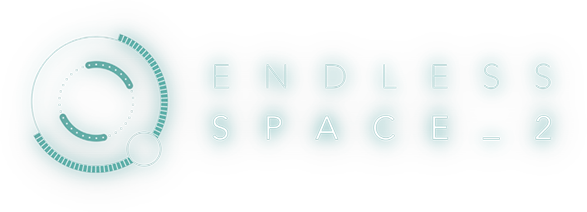

The Congressional Budget Office has not yet measured its effects, and House moderates are reluctant to vote on the social spending package without a comprehensive estimate of the bill’s many parts. “Especially when we think there are meaningful trade-offs to consider.” The bill text could, of course, change or fail to become law. “There is a lot to be said for incremental changes that allow us to learn,” said Benedic Ippolito, a health economist at the American Enterprise Institute, who studies the drug market. But it is also less likely to hinder the development of new treatments and cures, the experts said. If enacted, it will save the federal government less money than the legislation passed by the House two years ago. The policy isn’t simply smaller than the original. And yet a wide range of health economists and advocates say those compromises may have created a less risky way of balancing innovation with profits. The provision on price negotiation was the one most substantially changed in the past week: It would apply to fewer drugs, require smaller discounts, and, most critically, shield new drugs from negotiations. And, for the first time, it would allow Medicare to negotiate directly with drugmakers on prices for their medications. It would restrict how much drugmakers can increase their prices each year. It would limit the amount that Medicare patients can be asked to pay for drugs out of pocket. The drug price regulation Congress is considering would achieve three main goals. Now there is a compromise that looks modest but could have real bite. Then last week, drug pricing fell out of the bill altogether and it looked as if the drug companies had won again.

In early budget negotiations, it looked as if the Democrats were finally going to take on Big Pharma over spiraling drug prices.


 0 kommentar(er)
0 kommentar(er)
